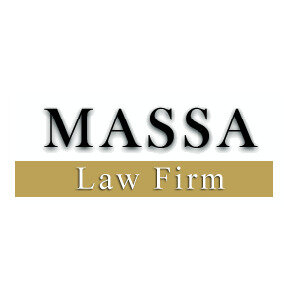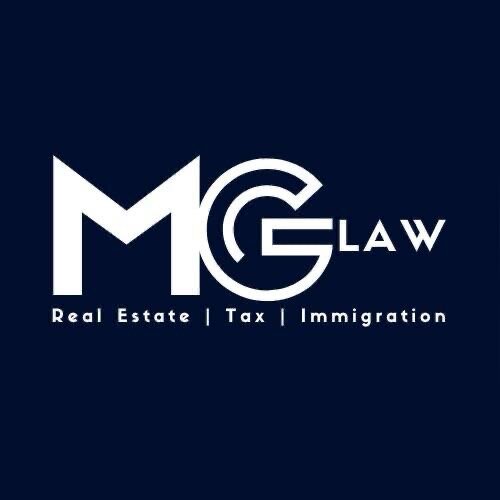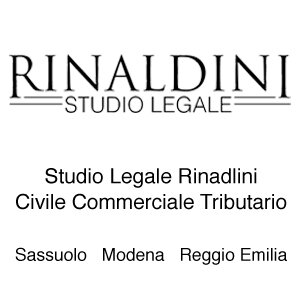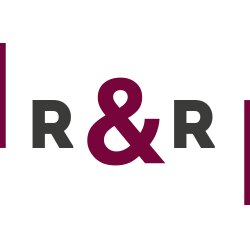Best Antitrust Litigation Lawyers in Italy
Share your needs with us, get contacted by law firms.
Free. Takes 2 min.
Or refine your search by selecting a city:
List of the best lawyers in Italy
About Antitrust Litigation Law in Italy
Antitrust Litigation in Italy concerns the enforcement of rules designed to promote fair competition and prevent anti-competitive practices among businesses. These rules protect consumers, competitors, and markets from unlawful agreements, abuse of dominant positions, and unfair mergers. The legal framework blends Italian laws with European Union regulations, making it complex but robust. Litigation typically arises when businesses or individuals challenge activities such as cartels, price fixing, bid rigging, or other restrictive practices before Italian courts or administrative authorities.
Why You May Need a Lawyer
There are many situations in which you may require the assistance of a lawyer experienced in antitrust litigation in Italy. Common scenarios include:
- Investigations by the Italian Competition Authority regarding alleged anti-competitive behavior
- Receiving a warning or penalty for participating in price-fixing or market-sharing agreements
- Facing claims related to abuse of a dominant market position
- Challenging a commercial practice or contract you suspect may restrict competition
- Seeking damages after being harmed by anti-competitive conduct
- Involvement in merger or acquisition processes that require competition clearance
- Compliance programs and training to mitigate antitrust risks within your company
- Defending against class actions or collective proceedings related to antitrust allegations
Early advice from a lawyer can help you navigate investigations and litigation, minimize potential fines, and craft defense strategies aligned with both national and European Union law.
Local Laws Overview
Italian antitrust law is regulated primarily by Law No. 287 of 1990, known as the Italian Competition Act. The law addresses cartels, abuse of dominance, and merger control. In addition, Italian courts interpret and apply European Union competition law, especially Articles 101 and 102 of the Treaty on the Functioning of the European Union (TFEU). Key aspects include:
- Cartels and Collusive Agreements: Agreements or practices between companies which restrict competition, such as price fixing or market allocation, are strictly prohibited.
- Abuse of Dominance: Companies holding a dominant position in a market may not abuse that position to restrict competition or exploit customers.
- Merger Control: Significant mergers and acquisitions must be notified to the Italian Competition Authority and, in some cases, to the European Commission.
- Sanctions: The Italian Competition Authority can impose heavy fines, order the cessation of anti-competitive conduct, and require specific remedies.
- Private Enforcement: Businesses and individuals affected by anti-competitive conduct can seek damages before specialized courts in Italy.
Frequently Asked Questions
What is antitrust litigation?
Antitrust litigation involves legal proceedings related to the enforcement of competition laws. It may include civil and administrative cases challenging unlawful agreements, abuse of dominance, or clearance of mergers.
Who enforces antitrust laws in Italy?
The Italian Competition Authority (Autorità Garante della Concorrenza e del Mercato - AGCM) is the principal body enforcing antitrust rules. Civil courts also play a role, particularly in awarding damages to those harmed by anti-competitive practices.
What are the penalties for violating antitrust laws in Italy?
Penalties may include significant fines, orders to cease unlawful behavior, and, in some cases, personal liability for directors. Civil damages may also be awarded to harmed parties.
Can individuals file a lawsuit for antitrust violations?
Yes, individuals and businesses harmed by anti-competitive practices may bring civil claims in specialized courts to seek compensation for damages.
How does Italian antitrust law relate to European Union rules?
Italian law works in combination with European Union rules. Where trade between Member States is affected, EU competition law applies and can be directly enforced by Italian authorities and courts.
What is a dominant market position?
A dominant market position refers to a company’s ability to act independently of competitors and customers in a particular market. Abusing such a position is prohibited.
What does "cartel" mean in this context?
A cartel is an agreement among competing companies to coordinate actions, such as fixing prices or dividing markets. Cartels are strictly illegal under Italian and EU competition law.
Can mergers be blocked under antitrust laws?
Yes, the Italian Competition Authority can prohibit mergers or require corrective measures if they are likely to restrict competition substantially.
What should I do if my company is under investigation?
Seek legal advice immediately. Cooperating with the authorities is crucial, but a lawyer will help protect your interests, ensure proper procedures are followed, and negotiate on your behalf.
How long do antitrust proceedings typically last?
Administrative investigations can last several months to over a year, while court proceedings for damages may take longer, depending on the complexity of the case.
Additional Resources
If you need more information or support related to antitrust litigation in Italy, consider the following resources:
- Italian Competition Authority (Autorità Garante della Concorrenza e del Mercato - AGCM): The principal authority for competition enforcement and guidance in Italy.
- European Commission Directorate-General for Competition: Offers resources and publications on competition law applicable in Italy and the EU.
- Civil Competition Courts: Specialized courts which handle private enforcement cases and damages suits related to competition law.
- Chambers of Commerce: May provide information on compliance, competition training, and referrals to legal professionals.
- Local Bar Associations: Useful for finding specialist antitrust lawyers.
Next Steps
If you are facing an antitrust investigation, suspect anti-competitive behavior, or need to address compliance in Italy, consider the following steps:
- Document all relevant facts, communications, and transactions related to your case or concern
- Contact a lawyer experienced in Italian and EU competition law as soon as possible
- Prepare for initial consultation by listing your questions and desired outcomes
- Follow your lawyer’s advice closely during any investigation or litigation
- Engage with compliance programs to reduce future risks
Antitrust litigation is a complex and technical area of law. Early legal intervention can significantly affect the outcome and protect your business or individual interests.
Lawzana helps you find the best lawyers and law firms in Italy through a curated and pre-screened list of qualified legal professionals. Our platform offers rankings and detailed profiles of attorneys and law firms, allowing you to compare based on practice areas, including Antitrust Litigation, experience, and client feedback.
Each profile includes a description of the firm's areas of practice, client reviews, team members and partners, year of establishment, spoken languages, office locations, contact information, social media presence, and any published articles or resources. Most firms on our platform speak English and are experienced in both local and international legal matters.
Get a quote from top-rated law firms in Italy — quickly, securely, and without unnecessary hassle.
Disclaimer:
The information provided on this page is for general informational purposes only and does not constitute legal advice. While we strive to ensure the accuracy and relevance of the content, legal information may change over time, and interpretations of the law can vary. You should always consult with a qualified legal professional for advice specific to your situation.
We disclaim all liability for actions taken or not taken based on the content of this page. If you believe any information is incorrect or outdated, please contact us, and we will review and update it where appropriate.
Browse antitrust litigation law firms by city in Italy
Refine your search by selecting a city.
















